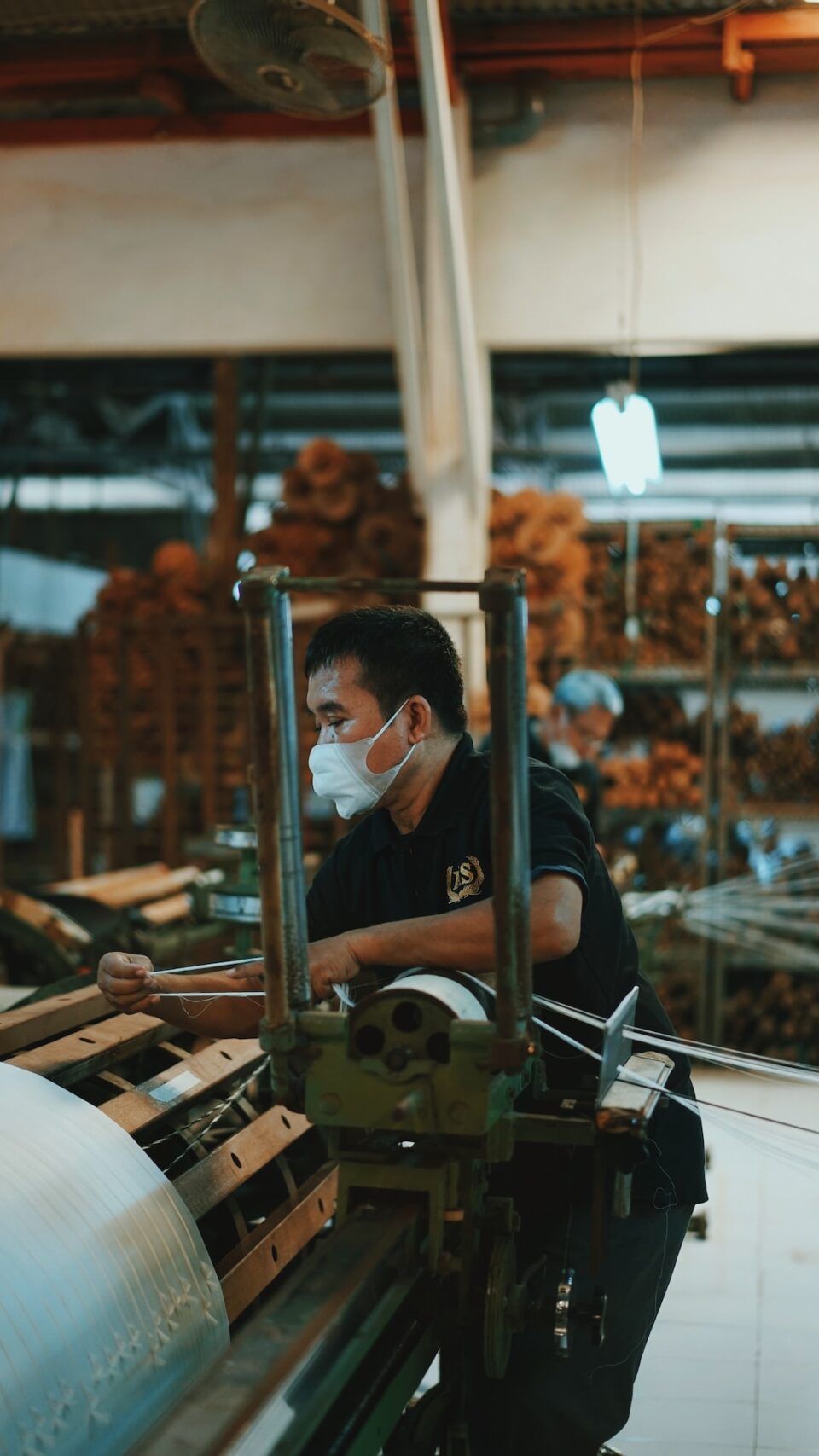The Role of Sustainable Materials in Manufacturing Processes
In today’s world of rapid industrialization, sustainable practices are more important than ever. One of the key areas where sustainability can have a significant impact is in manufacturing processes. By adopting the use of sustainable materials, manufacturers can contribute to the reduction of environmental impact while also benefiting their bottom line. This blog post will explore the role of sustainable materials in manufacturing processes and highlight their benefits.
Firstly, it is important to understand what sustainable materials are. Sustainable materials refer to those that are sourced, produced, and utilized in a way that minimizes harm to the environment. They are typically renewable, recyclable, or biodegradable, thereby reducing the depletion of natural resources and the generation of waste. Examples of sustainable materials include bamboo, cork, hemp, recycled plastics, and organic cotton.
One of the primary benefits of using sustainable materials in manufacturing is the reduction in carbon footprint. Traditional manufacturing processes often rely on the extraction and processing of non-renewable resources such as fossil fuels and minerals. These processes not only release large amounts of carbon emissions but also contribute to environmental degradation. On the other hand, sustainable materials are often sourced from renewable resources, thereby reducing their carbon footprint. For example, the production of bamboo requires significantly less energy and water compared to conventional timber, making it a more sustainable option for various manufacturing applications.
Similarly, the use of sustainable materials can help reduce the overall energy consumption in manufacturing processes. Sustainable materials are often lightweight and have excellent insulation properties, leading to reduced energy requirements for handling and transportation. For instance, the use of recycled plastics in packaging materials can significantly reduce the weight and energy consumption during shipping. Additionally, sustainable materials can be designed to have higher energy efficiency, thus contributing to savings in manufacturing operations. By reducing energy consumption, not only does it lead to cost savings for manufacturers, but it also helps mitigate the global challenges associated with energy scarcity and climate change.
Another advantage of incorporating sustainable materials in manufacturing processes is their potential for increased durability and longevity. Sustainable materials are often more resistant to wear and tear, leading to a longer lifespan for products. This is particularly relevant in sectors such as construction, where sustainable building materials like recycled steel and concrete can help reduce maintenance and replacement costs over time. By choosing sustainable materials, manufacturers can produce long-lasting products that contribute to a more circular economy, where resources are conserved by minimizing waste generation.
Furthermore, the use of sustainable materials enables manufacturers to differentiate themselves in the marketplace. With growing consumer awareness and demand for sustainable products, manufacturers that prioritize sustainability are more likely to attract and retain customers. Sustainable materials can communicate a positive brand image, signaling to consumers that the manufacturer is committed to minimizing their environmental impact. As consumers become more conscious of their purchasing decisions, they are increasingly choosing products that align with their values. By incorporating sustainable materials, manufacturers can tap into this growing market demand, potentially leading to increased sales and market share.
In addition to their environmental benefits, sustainable materials also offer social advantages. For instance, the adoption of organic cotton in textiles reduces the use of harmful pesticides, benefiting both farmers and consumers. By supporting sustainable materials, manufacturers can contribute to the well-being of communities and promote social equity. Additionally, the use of sustainable materials can create new job opportunities in the form of material sourcing, production, and recycling. This can lead to economic growth and prosperity for regions that embrace sustainable manufacturing practices.
In conclusion, the role of sustainable materials in manufacturing processes cannot be overstated. The adoption of sustainable materials enables manufacturers to reduce their carbon footprint, decrease energy consumption, enhance product durability, and differentiate themselves in the marketplace. Moreover, sustainable materials offer social benefits by promoting environmental stewardship and supporting local communities. As the world focuses on achieving sustainable development, manufacturers must prioritize the use of sustainable materials to not only protect the planet but also foster economic growth and social well-being.


